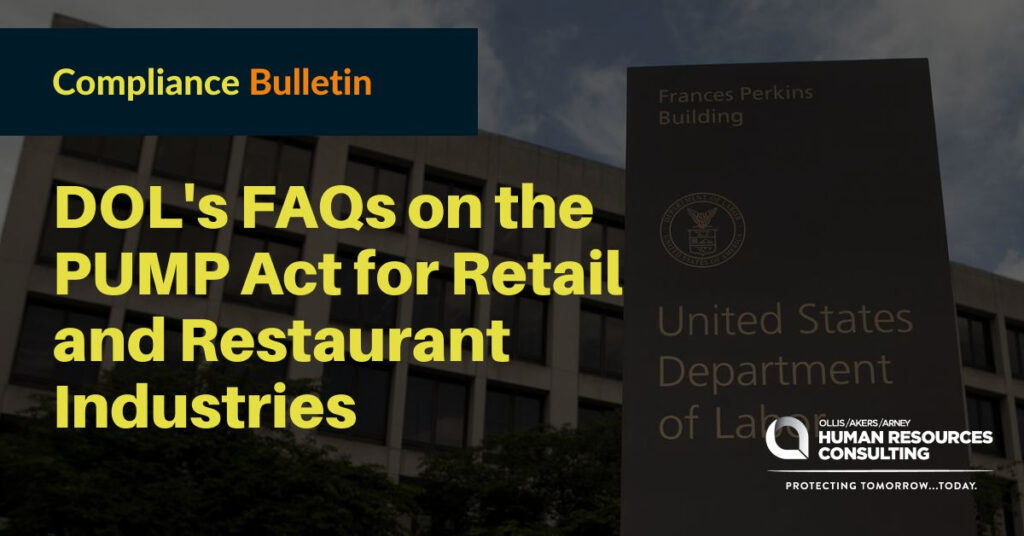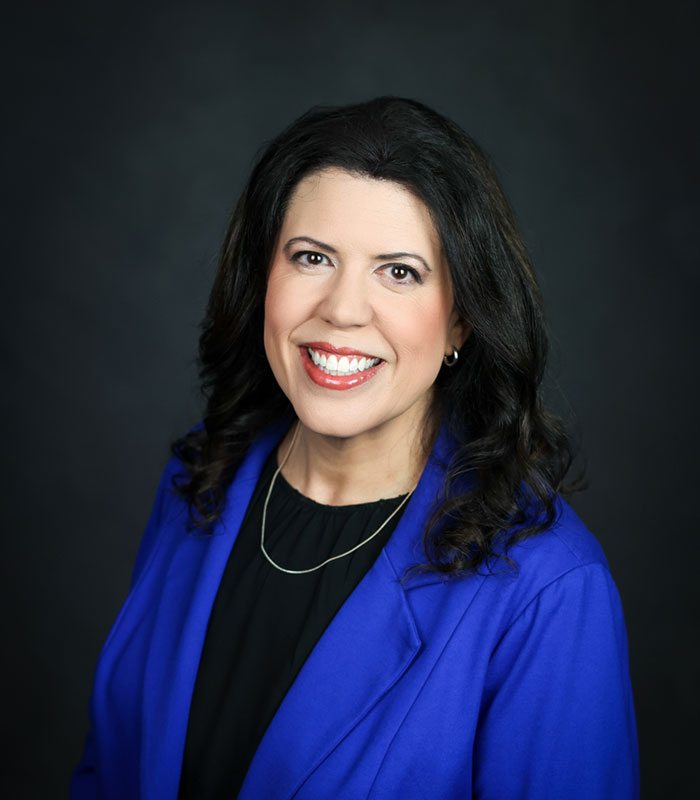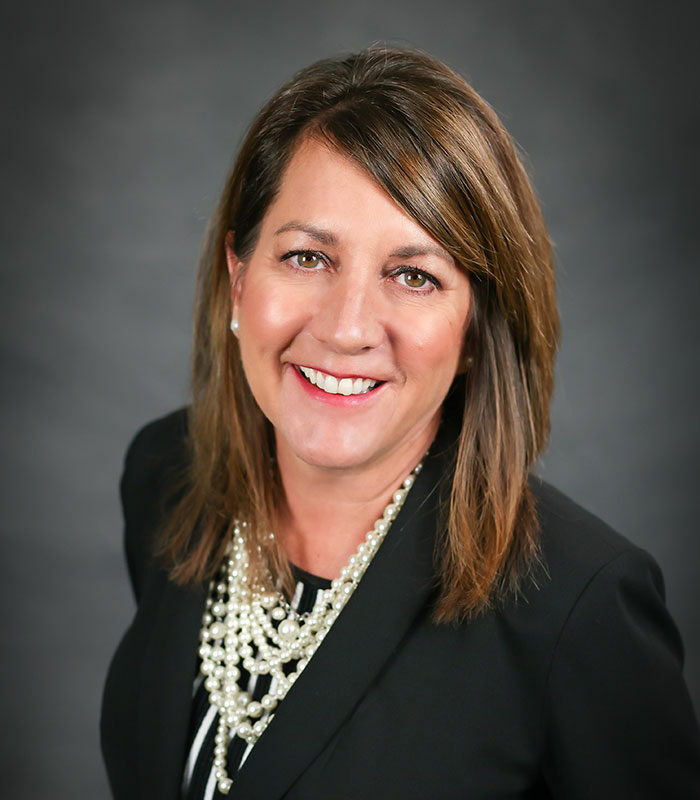As of Dec. 29, 2022, the Providing Urgent Maternal Protections for Nursing Mothers (PUMP) Act expands existing requirements under the Fair Labor Standards Act (FLSA) for employers to provide break time and a private place, other than a bathroom, for employees to express breast milk.
Under the PUMP Act, these requirements now apply to almost all FLSA-covered employees, including those who are exempt from FLSA overtime rules. The PUMP Act also clarified that the required breaks to pump breast milk must be paid when employees are not completely relieved of all work duties. A hardship exemption from these new requirements is available for employers with fewer than 50 employees.
The U.S. Department of Labor (DOL), through its Wage and Hour Division, enforces most of the FLSA’s provisions and has issued a series of guidance documents with answers to frequently asked questions (FAQs) about how employers in certain industries must comply with the PUMP Act. This Compliance Bulletin provides a lightly edited version of the DOL’s FAQs on the PUMP Act for employers in the retail and restaurant industries.
Action Steps
Employers in the retail or restaurant industries should become familiar with all applicable requirements under the PUMP Act and with the DOL’s additional guidance for their specific industries.
In addition, all employers with 15 or more employees should ensure compliance with a related law, the Pregnant Workers Fairness Act (PWFA), that requires reasonable accommodations for individuals with limitations related to pregnancy, childbirth or related medical conditions.
FAQs on PUMP-at-Work Protections Under the FLSA in the Retail and Restaurant Industries
Q. Can I require nursing employees to make up time they spend on pump breaks so they can meet productivity measures?
No. Employers may not hold the time that employees take for pump breaks against them when determining whether they met a productivity measure or quota.
Employees also cannot be required to make up the time they took for pump breaks. An employer adding work time to an employee’s normal schedule could be considered prohibited retaliation under the FLSA.
Q. I need to make space available for my employee to take pump breaks, but there is no private space at the small service center where they work. What can I do?
An employer may temporarily convert an existing space into a private space for pumping or make a private space available when needed by the nursing employee. The space must be shielded from view and free from any intrusion from co-workers and the public and must be available each time the employee needs to pump. The space cannot be a bathroom, and it must be functional as a space for pumping.
At a minimum, the space must contain a place for the nursing employee to sit and a flat surface, other than the floor, on which to place the pump. For example, employers can create temporary space for pumping by providing dividers and signs in a portion of a storage room, allowing the employee to block or turn off cameras to ensure the space is shielded from view and free from intrusion, and providing a chair and a table for the employee.
Alternatively, the employer could allow the employee to use the manager’s office, block or turn off any cameras, and use a lock or signage to prevent intrusion, as long as the space is available each time the employee needs to pump.
The U.S. Department of Health & Human Services’ Office on Women’s Health notes that some companies partner with neighboring businesses to share lactation space for nursing employees. More examples of space accommodation are available from this office here.
Q. If a fast-food restaurant that has locations in several different states follows federal law, does it also have to follow different state laws that require accommodation for nursing employees?
Yes. Many states have laws related to pumping breast milk at work. Employees may have greater protections under these state laws and any applicable local laws or ordinances. The FLSA provides that the reasonable break time and space requirements do not preclude greater employee protections provided under these laws. For example, some states may require that all breaks for pumping be paid or require that breaks be made available for more than one year. Employers must follow all the laws that apply to them.
Q. My employees’ workplace has three bathrooms, one of which is designated as a family bathroom. This bathroom has one stall and a changing table. I put an “out of order” sign on the stall door and placed a chair in the family bathroom for an employee to use for pump breaks. Since it is not being used as a bathroom, can my employees be required to use this space to pump breast milk?
No. The FLSA requires that nursing employees have access to a place to pump breast milk at work that is not a bathroom. Using a bathroom to pump breast milk raises health and safety concerns, which may include the risk of contracting bacteria in breast milk or breast pump equipment.
More Information
More information about the PUMP Act and the PWFA is available on the EEOC’s website on Pregnancy Discrimination and Pregnancy-Related Disability Discrimination.
Provided to you by Ollis/Akers/Arney Insurance & Business Advisors
This Compliance Bulletin is not intended to be exhaustive nor should any discussion or opinions be construed as legal advice. Readers should contact legal counsel for legal advice. ©2024 Zywave, Inc. All rights reserved.






